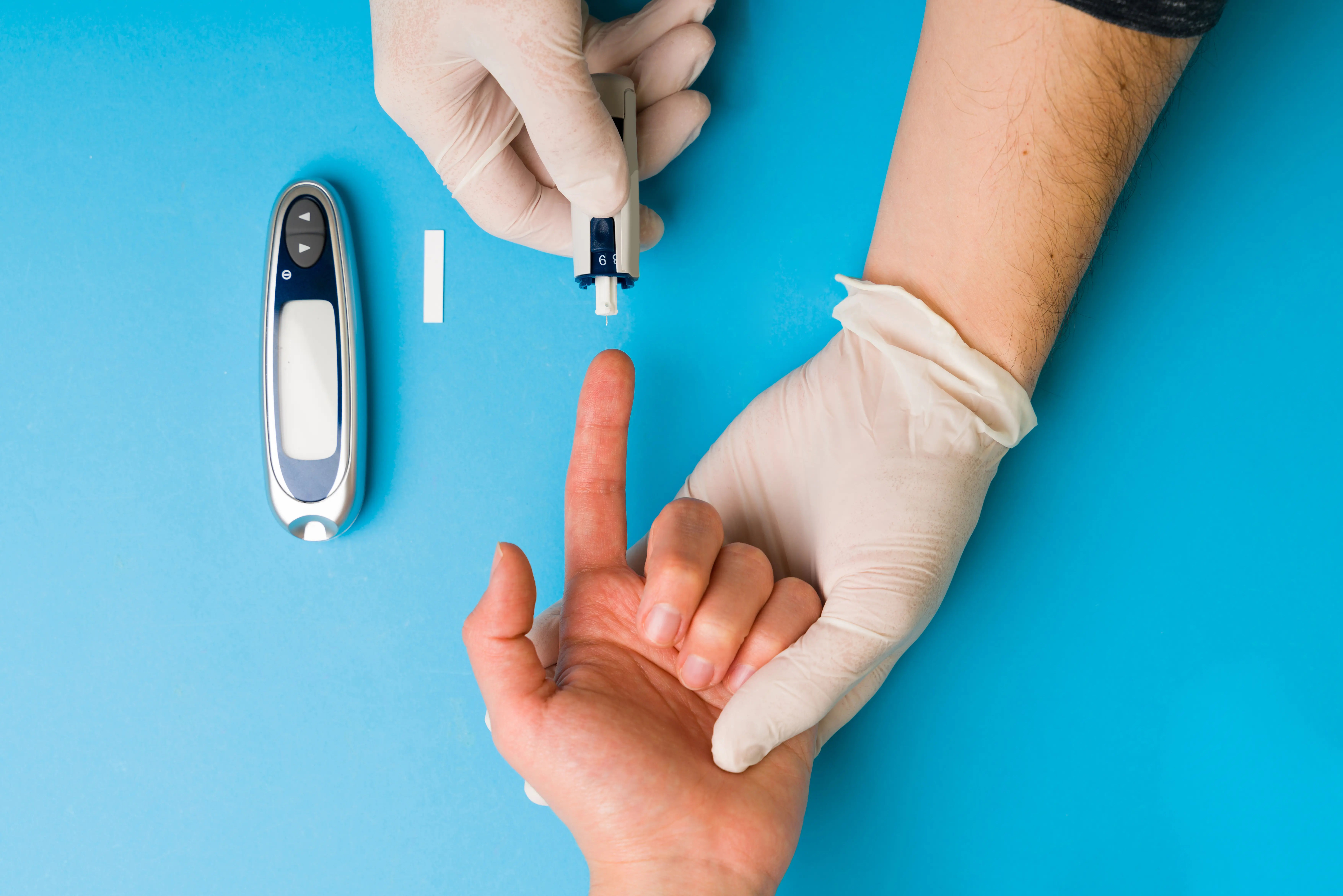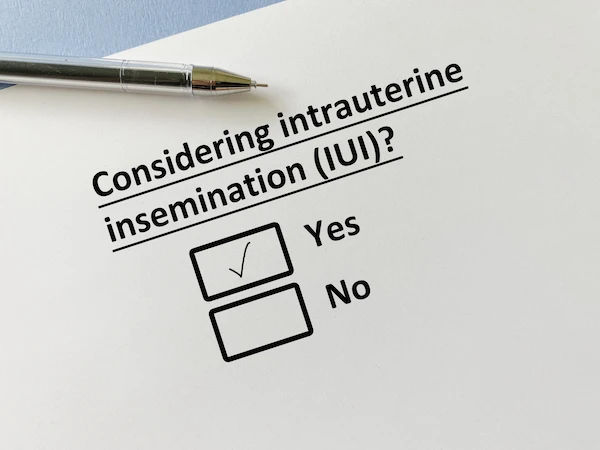Effects of Stress on Body and Hypertension
Discover how chronic stress affects your body and contributes to hypertension. Learn the signs, health risks, and expert-approved strategies to manage stress and lower blood pressure naturally.

Written by Dr. Mohammed Kamran
Reviewed by Dr. Rohinipriyanka Pondugula MBBS
Last updated on 19th Aug, 2025

Stress is a natural response to challenges in life, but when it becomes chronic, it can take a toll on your physical and mental health. One of the most serious effects of long-term stress is its connection to hypertension (high blood pressure), a condition that increases the risk of heart disease, stroke, and other health complications.
In this article, we’ll explore how stress affects the body, its link to hypertension, and practical ways to manage stress for better heart health.
How Does Stress Affect the Body?
When you experience stress, your body releases hormones like adrenaline and cortisol, which prepare you for a "fight or flight" response. While this reaction is helpful in short bursts, prolonged stress keeps these hormones elevated, leading to various health issues, including:
1. Increased Heart Rate and Blood Pressure
Stress makes your heart beat faster and narrows blood vessels, temporarily raising blood pressure.
Over time, this can strain your heart and lead to hypertension.
2. Weakened Immune System
Chronic stress weakens immunity, making you more prone to infections and illnesses.
3. Digestive Problems
Stress can cause stomach pain, acid reflux, and even irritable bowel syndrome (IBS).
4. Sleep Disturbances
Anxiety and stress often lead to insomnia or poor-quality sleep, further worsening health.
5. Weight Gain and Metabolic Issues
High cortisol levels increase cravings for unhealthy foods, contributing to obesity and diabetes risk.
The Link Between Stress and Hypertension
Hypertension is often called the "silent killer" because it rarely shows symptoms until serious damage occurs. Stress contributes to high blood pressure in several ways:
1. Hormonal Changes
Constant stress keeps blood pressure elevated due to increased adrenaline and cortisol.
2. Unhealthy Coping Mechanisms
Many people turn to smoking, excessive alcohol, or overeating to manage stress, all of which raise blood pressure.
3. Poor Sleep & Fatigue
Lack of rest prevents the body from recovering, keeping blood pressure high.
4. Inflammation & Blood Vessel Damage
Long-term stress causes inflammation, which damages blood vessels and increases hypertension risk.
Signs That Stress Is Affecting Your Blood Pressure
While stress-induced hypertension may not always show symptoms, some warning signs include:
Frequent headaches
Dizziness or blurred vision
Chest tightness or palpitations
Shortness of breath
Fatigue and irritability
If you experience these symptoms frequently, it’s important to monitor your blood pressure and consult a doctor.
Consult Top General Practitioner
How to Manage Stress and Lower Blood Pressure
The good news is that stress-related hypertension can be controlled with lifestyle changes and relaxation techniques. Here are some effective strategies:
1. Practice Relaxation Techniques
Deep breathing exercises (inhale for 4 seconds, hold for 4, exhale for 6).
Meditation & mindfulness (even 10 minutes daily helps).
Yoga or tai chi (reduces stress hormones).
2. Stay Physically Active
30 minutes of moderate exercise (walking, swimming, cycling) helps lower blood pressure.
3. Eat a Heart-Healthy Diet
Reduce salt, processed foods, and sugary drinks.
Eat more fruits, vegetables, whole grains, and lean proteins.
Include potassium-rich foods (bananas, spinach, sweet potatoes) to balance sodium effects.
4. Get Enough Sleep
Aim for 7-8 hours of quality sleep nightly.
Avoid screens before bed and maintain a regular sleep schedule.
5. Limit Alcohol & Quit Smoking
Excessive alcohol raises blood pressure.
Smoking damages blood vessels, worsening hypertension.
6. Stay Connected & Seek Support
Talking to friends, family, or a therapist can reduce stress.
Avoid isolating yourself—social support is key.
When to See a Doctor?
If lifestyle changes don’t help or if your blood pressure remains high (140/90 mmHg or above), consult a doctor. They may recommend:
Regular BP monitoring
Medications (if necessary)
Stress management counseling
You can book a consultation or schedule a blood pressure test through Apollo 24|7 for expert guidance.
Final Thoughts
Stress is unavoidable, but how we manage it makes all the difference. By adopting healthy habits, staying active, and seeking support when needed, you can reduce stress and protect your heart from hypertension.
Would you like to schedule a consultation with a specialist? Visit Apollo 24|7 for expert advice and personalized care.
Consult Top General Practitioner
Consult Top General Practitioner

Dr Syed Mateen Pasha
General Physician
2 Years • MBBS
Bengaluru
PRESTIGE SHANTHINIKETAN - SOCIETY CLINIC, Bengaluru

Dr. Syed Ismail Ali
General Practitioner
7 Years • MBBS
Hyderabad
Apollo 24|7 Clinic, Hyderabad

Dr. Bhukya Pavan Kalyan
General Physician
5 Years • MBBS DNB Paediatrics
Bengaluru
PRESTIGE SHANTHINIKETAN - SOCIETY CLINIC, Bengaluru

Dr. Madhuri Sai Sreepada
General Practitioner
9 Years • MBBS
Hyderabad
BRIGHT SMILES MEDICARE & DENTAL CARE, Hyderabad
Dr. Karanam Kondalamma
General Practitioner
4 Years • MBBS
Hyderabad
KK Clinic, Hyderabad




